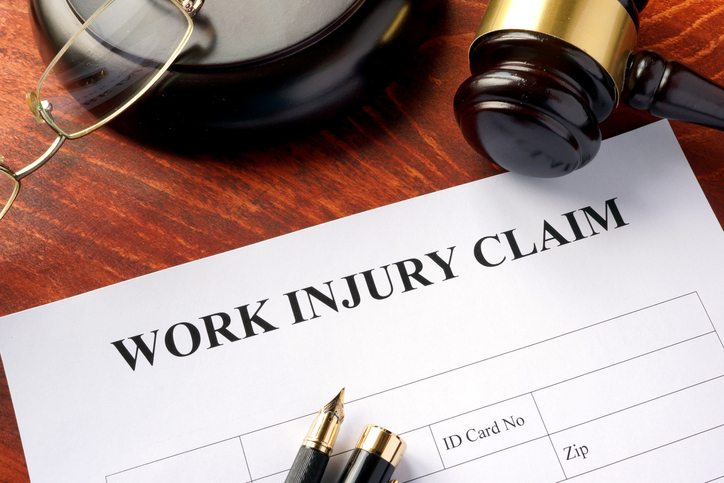Blog

10 Reasons Workers Comp Claims Are Denied
When you fall off a scaffold at a building site or develop a chronic illness because of your job, workers’ compensation benefits are designed to cover your medical expenses and lost income. In New York, this no-fault coverage provides wage replacement benefits and medical care for work-related ailments and injuries. After getting sick from your job or suffering an occupational injury, it can be incredibly disheartening to have your worker’s compensation claim denied.
Even though workers’ compensation is based on a no-fault system, claims can be denied for numerous reasons. There are deadlines and rules that must be followed, and other pitfalls that can mire your chances of getting paid.
Like anyone who is hurt on the job, you are counting on those benefits to help make ends meet. Let’s take a look at why insurers commonly dispute worker’s comp claims, and always keep in mind that you still have the opportunity to appeal your claim.
#1 You did not notify your employer in time
According to The New York State Worker’s Compensation Board, all employees who are injured on the job must notify their employer in writing about the incident within 30 days.
#2 Your work-related injury stems from a pre-existing condition
Insurers may reject the claim if they believe that you had a pre-existing condition or injury before starting your work and that workplace duties did not exacerbate the problem.
#3 You did not seek medical treatment
In order to receive worker’s comp benefits, your injury must have been treated and documented by a healthcare professional. Without these medical report, there is no evidence to support the nature or extent of your injuries.
#4 You did not get treatment from an approved doctor
All employees are presented with a list of approved medical providers from whom they can seek treatment. If you go outside of this network, your claim can be rejected.
#5 You were under the influence of drugs/alcohol at the time
If a drug test reveals that you were under the influence of any illicit substance at the time of the injury, the insurers will fight hard to deny the claim.
#6 You were not working at the time of the injury
To qualify for workers’ comp benefits, the injury must have happened while you were performing your normal work duties, not while you were on a lunch break.
#7 You knowingly failed to use safety equipment
Benefits are not provided to workers who are injured because they failed to use safety equipment or devices that were mandated and provided.
#8 Your injury is not covered by workers’ comp
Workers’ comp covers the majority of on-the-job injuries and illnesses, but there are some exceptions. The most notable are those injuries which are attributed to horseplay, criminal activity or violation of company policies on proper conduct.
#9 There were no witnesses or camera footage
Your employer will likely dispute your claim if there were no eyewitnesses to corroborate your allegations, or if the accident wasn’t caught on surveillance footage.
#10 Your medical records are insufficient
The medical records submitted must contain detailed information about the history and circumstances of your injury, and every body part that was affected.
Seeking legal advice in New York
One of your biggest rights as an injured worker in New York is the right to appeal a denied worker’s compensation claim. Ensure your chances of success by enlisting a Long Island workers comp lawyer who can fight for the benefits you deserve.
To discuss your case free of charge, call Aronova & Associates at (516) 640-3900.
Contact Us
Ready to Work for You
Aronova & Associates is a firm for all New Yorkers. Our services are available in multiple languages and tailored to the needs of every client. The first step in providing you with the help you need is a free consultation to discuss your case. When you’re ready to talk, we’re ready to get to work for you.
Hours
Mon - Fri 9 AM to 6 PM
Disclaimer: The submission of our contact form does not form an attorney-client relationship. You may not rely upon this information as legal advice.
